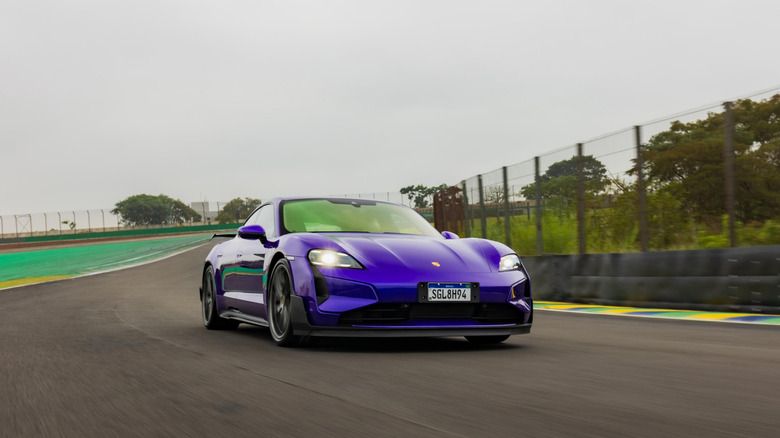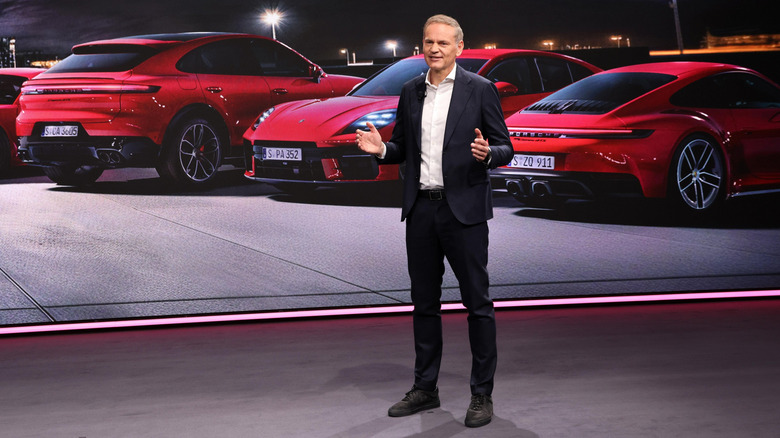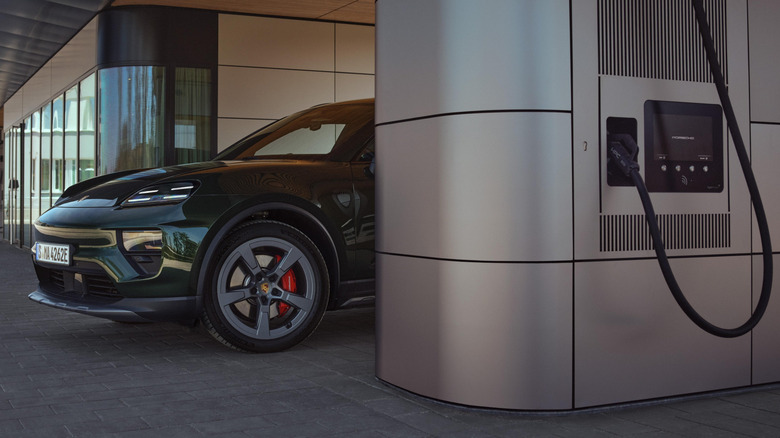Just some years again, the widespread pondering within the auto trade was that if you happen to had been going to make and promote EVs, it’s best to management your individual battery manufacturing. Partnerships had been OK — Tesla with Panasonic, GM with LG — however in the end, the concept was that automakers wished their very own battery factories to keep away from being depending on an enormous provider, resembling China’s CATL. Whereas the idea hasn’t been deserted, carmakers are reassessing, as EV market development has slowed. In the meantime, area of interest efforts are wanting much less and fewer viable. Living proof: Porsche simply introduced that it is winding down its high-performance battery manufacturing facility in Germany and repurposing the division that oversaw it, known as the Cellforce Group.
This feels like dangerous information, however it is not. Cellforce’s objectives had been all the time comparatively modest; Porsche described the plant as a “start-up manufacturing facility” in a press release and mentioned that the corporate all the time deliberate for an eventual improve in output at a second plant when EV demand accelerated. That pattern hasn’t materialized, and Porsche is admitting that “as a consequence of a worldwide lack of volumes, it’s not attainable to scale its personal manufacturing to the deliberate value place,” based on board member Michael Steiner. Why is that this excellent news? It is easy. Regardless of all of the fretting about dependency on China, in the long run batteries are batteries — a commodity enterprise.
No have to help a battery area of interest
Porsche will likely be positive, even when 200 of 300 Cellforce staff must be repositioned. The manufacturing facility in Germany was supposed to provide batteries for Taycans, and whereas Porsche doubtless has sure particular technical necessities for batteries supposed to energy go-fast machines, it is higher off collaborating with the likes of CATL on the degree of design and engineering. Sinking scarce assets into new manufacturing capability for what’s presently a distinct segment product – EVs that drive like sports activities automobiles and supercars – makes no enterprise sense.
Porsche ought to focus as an alternative on ensuring that individuals nonetheless need to purchase Porsches, each those that run on gasoline and those which can be powered by electrons. The model has a historical past of remarkable profitability, so so long as it executes, it can all the time have the cash (inside the Volkswagen Group) it must safe long-term battery capability. We fear an excessive amount of about geopolitics in the case of stuff like this; CATL and different Asian battery suppliers are within the enterprise of enterprise, irrespective of who’s in control of varied governments within the U.S. and Europe. Moreover, the Apple mannequin is price contemplating right here: Porsche can nonetheless innovate with high-performance battery design, even when it does not personal the technique of manufacturing. That is the place the actual worth is, anyway. Manufacturing will in all probability turn into solely marginally worthwhile as EVs turn into ubiquitous sooner or later sooner or later.
Porsche is not bailing on EVs
Porsche hasn’t deserted its dedication to electrification, which is comprehensible as a result of drivetrains that embrace electrical know-how ship stupendous efficiency. Porsche wants to remain in that recreation. And the corporate intends to. “Electromobility will stay a necessary drive know-how for our sports activities automobiles sooner or later,” CEO Oliver Blume mentioned in a press release. Plans for future EVs have not been jettisoned, suggesting that Porsche is not involved about being about to get batteries that meet its expectations.
The trade general does not want these extraneous prices. It is exhausting sufficient to construct and promote automobiles. The distractions posed by spinning up charging networks and battery manufacturing, for corporations that only a decade or so again by no means considered these points, are a drag on with the ability to efficiently negotiate what’s turning out to be a bumpy combustion-to-EV transition. Porsche ought to be grateful that {the marketplace} has given it a great excuse to dodge the battery problem and stick with what it does finest.


